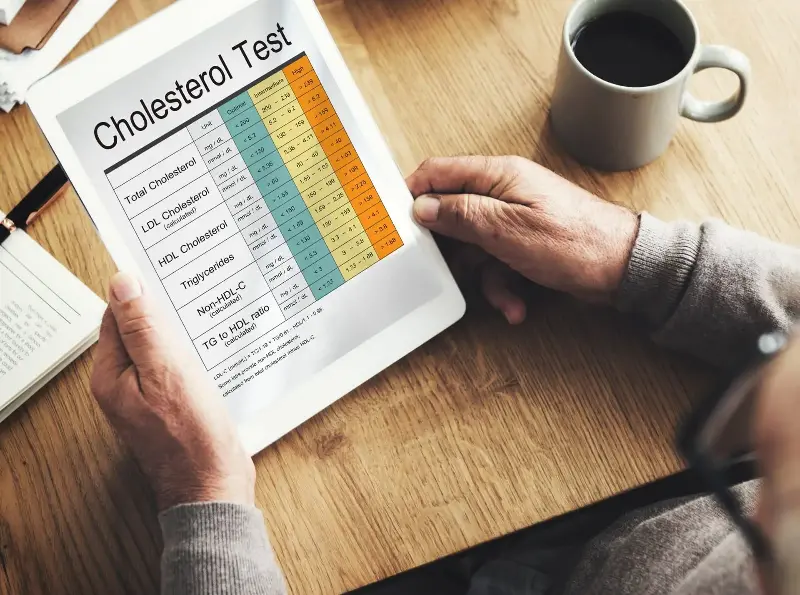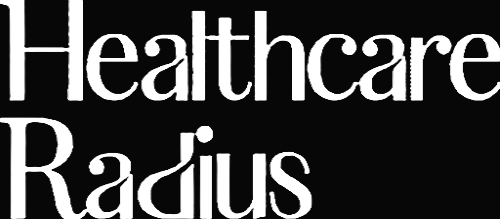
Mumbai, Sept. 22 -- Most people think of cholesterol as a problem that shows up with grey hair and age. It is often seen as something only older people need to check. But in reality, cholesterol does not wait until midlife. Today, millennials and Gen Z are already at risk.
A study conducted among 2,508 children in 2015 in Delhi had found that 23 percent of them had cholesterol levels higher than normal. The children were aged between 14 and 18 years. Plaque in the arteries can start building quietly in the 20s and 30s. By the time warning signs appear in the 40s or 50s, damage may already be advanced.
This makes it important for young adults to understand that cholesterol is not just a number on a medical report but a marker of long-term heart health.
Cholesterol and early damage
High cholesterol rarely shows symptoms. It slowly damages arteries and raises the chances of heart disease and stroke later in life. The process begins earlier than most imagine.
Plaque deposits in arteries can start forming at an early age. When ignored, these changes progress over decades and become harder to reverse. Taking charge early gives the body a chance to repair and lowers the risk of serious complications later.
Risks young adults face today
Modern lifestyles have changed the way young people eat, move, and rest. Processed food, sugary drinks, and frequent fast food meals are likely to increase the level of unhealthy fats in the body. Desk jobs and long hours of screen time reduce physical activity. Stress and irregular sleep patterns disrupt metabolism. All this leads to an imbalance in cholesterol levels.
Rising obesity and early type 2 diabetes add to the risk. On top of this, family history cannot be overlooked. Conditions like familial hypercholesterolemia may go unnoticed without testing and can affect even those who seem healthy.
Importance of taking action at 30
The early 30s are a window of prevention. Detecting and managing cholesterol now prevents years of silent damage. Lowering cholesterol early not only protects the heart in the long run but also improves energy, focus, and overall quality of life.
It is not just about adding years to life but making sure those years remain active and disease-free.
Steps toward healthier numbers
Protecting heart health does not always need big changes. A simple lipid profile once in your 20s and regular follow-ups can give clarity. Choosing grilled over fried food and adding more fiber through fruits, oats, and vegetables makes a difference.
Daily exercise for at least 30 minutes supports a healthy cholesterol balance. Avoiding smoking and limiting alcohol are equally important. Knowing family history helps in making timely decisions about testing and care.
Hence, the takeaway is simple. Cholesterol is not just an older person's concern. By paying attention in your 20s and 30s, you can build a strong foundation for heart health and protect yourself from problems that often strike later in life.
© 2025. Healthcare Radius
